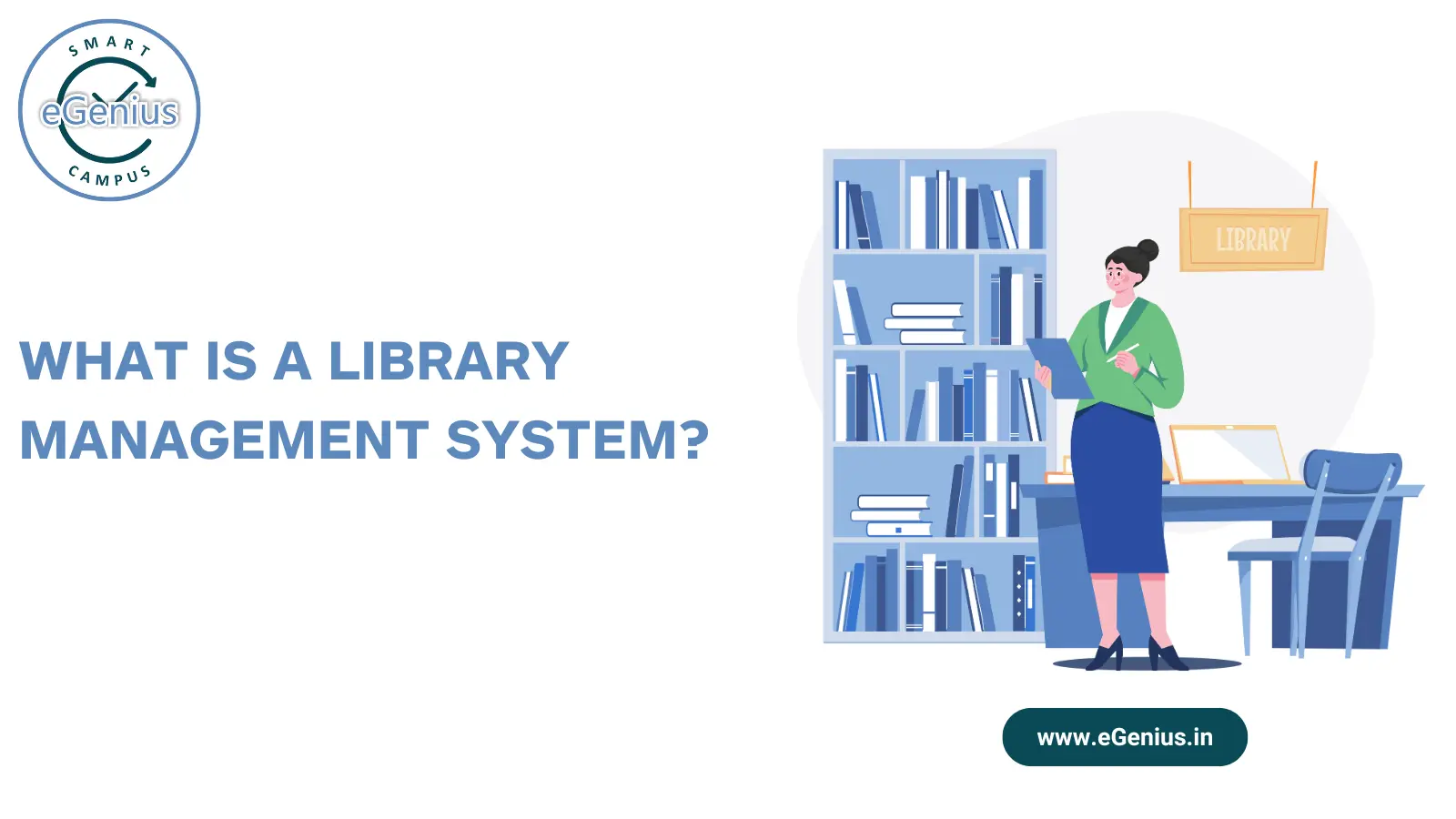In today’s digital age, the management of libraries has evolved significantly. Traditional methods of cataloging, issuing, and returning books are gradually being replaced by modern, efficient systems. Among these, the Library Management System stands out as a crucial tool. This blog post will delve into what a Library Management System is, its key features, objectives, advantages, and how it improves efficiency in library operations.
Table of Contents
ToggleWhat is Library Management System
A Library Management System (LMS) can be defined as a software solution designed to manage all aspects of a library’s operations. This includes cataloging books, managing user accounts, tracking borrowed items, and handling returns. By integrating various functionalities, an LMS ensures that library tasks are streamlined and executed efficiently.
Key Features of a Library Management System
Several features make a Library Management System indispensable for modern libraries. These include:
- Catalog Management: A robust cataloging system allows for the easy classification and retrieval of books and other materials. This feature ensures that users can quickly find the resources they need.
- User Management: The system manages user accounts, including membership details, borrowing history, and current checkouts. This helps in maintaining a comprehensive record of all library users.
- Circulation Management: This feature tracks the issuance and return of books, ensuring that items are returned on time and managing overdue fines if necessary.
- Reporting and Analytics: Detailed reports and analytics provide insights into library usage, popular books, and user demographics. This data is invaluable for making informed decisions.
Objectives of a Library Management System
The primary objectives of a Library Management software are as follows:
- Streamlining Operations: The system aims to streamline all library operations, from cataloging and circulation to inventory management and reporting.
- Enhancing User Experience: By providing a user-friendly interface and easy access to resources, an LMS enhances the overall experience for library users
- Ensuring Accuracy: The system seeks to maintain accurate records of all library transactions, reducing errors and improving accountability.
- Optimizing Resource Use: By tracking resource usage and providing detailed analytics, an LMS helps in optimizing the use of available resources.
- Facilitating Integration: The system facilitates integration with digital resources and other library systems, ensuring a cohesive and efficient operation.
Advantages of a Library Management System
The implementation of a Library Management tools offers several advantages:
- Improved Efficiency: By automating routine tasks such as cataloging and circulation, an LMS frees up time for library staff to focus on more important activities. This leads to a more efficient operation overall.
- Enhanced User Experience: With features like online catalogs and user-friendly interfaces, library users can easily search for and locate the resources they need. This improves their overall experience and encourages more frequent use of library services.
- Accurate Record Keeping: An LMS ensures that all records are maintained accurately, reducing the chances of errors in user accounts or book inventories. This accuracy is crucial for effective library management.
- Cost Savings: By reducing the need for manual labor and paper-based records, an LMS can lead to significant cost savings over time. Additionally, the ability to track and manage resources effectively helps in reducing losses and damages.
- Better Resource Management: With detailed analytics and reporting, libraries can make informed decisions about resource allocation, acquisitions, and user services. This leads to a more optimized use of available resources.
How Library Management Systems Improve Efficiency
Efficiency in library operations is significantly improved with the use of a Library Management Tools. Here’s how:
- Automation of Routine Tasks: Tasks that were once manual, such as book check-ins and checkouts, are automated. This reduces the workload on library staff and minimizes human error.
- Streamlined Processes: Processes such as cataloging, user account management, and reporting are streamlined, ensures that tasks are completed faster and with greater accuracy.
- Real-Time Access to Information: Library staff and users have real-time access to information about book availability, user accounts, and overdue items. This immediate access improves decision-making and user satisfaction.
- Integration with Other Systems: Many LMS solutions integrate with other library systems and digital resources, offering a seamless experience for users and staff.
- Enhanced Communication: Features such as automated notifications for due dates and overdue items improve communication with users. This ensures that users are kept informed and that items are returned on time, reducing losses.
In conclusion, a Library Management System is a vital tool for modern libraries. By automating routine tasks, enhancing user experience, and providing accurate record-keeping, an LMS significantly improves the efficiency of library operations. The numerous benefits it offers make it an essential investment for any library looking to optimize its resources and services. As libraries continue to evolve in the digital age, the adoption of a Library Management System will undoubtedly play a crucial role in their success.
Explore eGenius ERP today and see how it can elevate your business. Schedule a demo or get in touch for more details!




